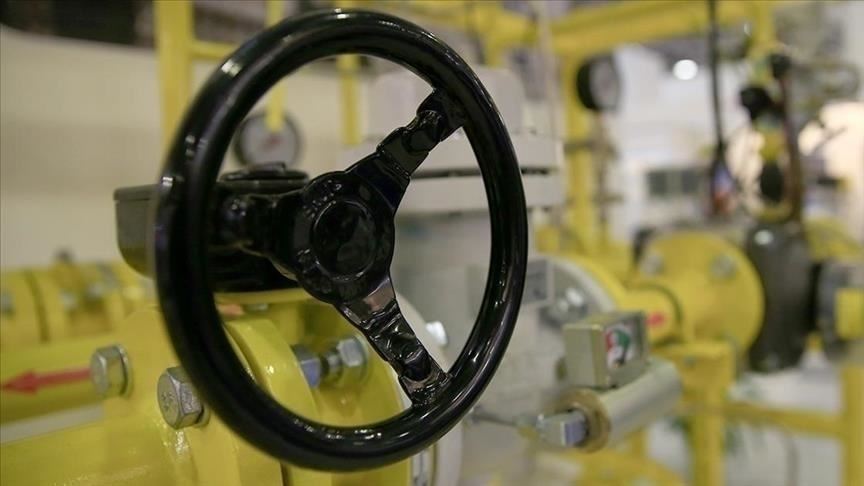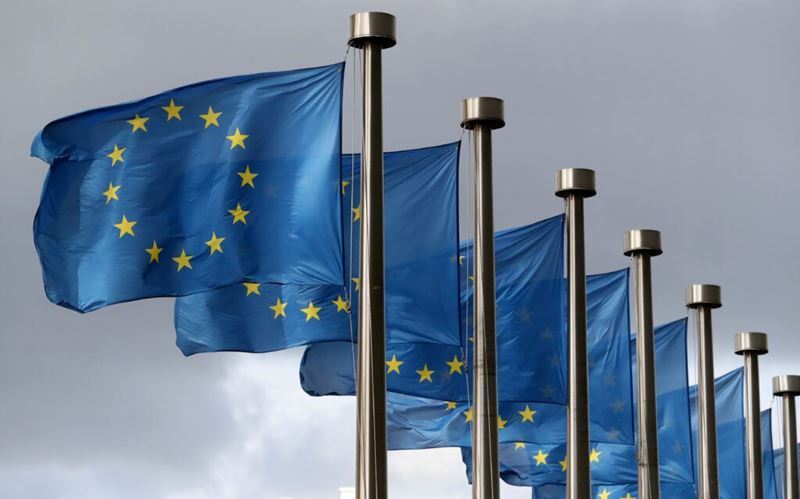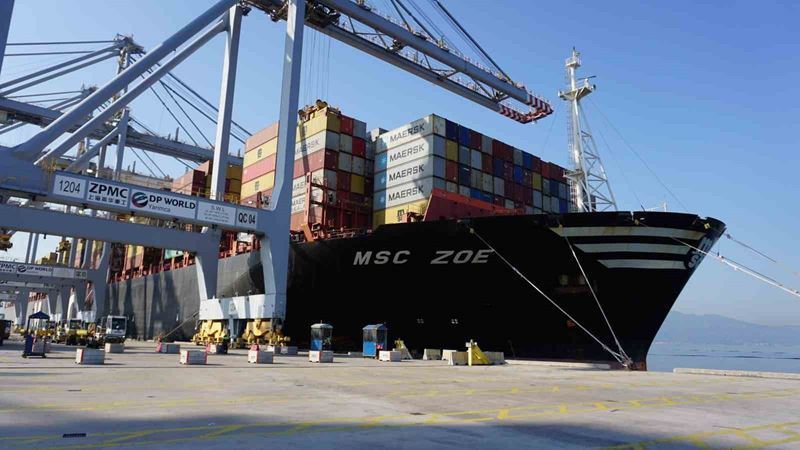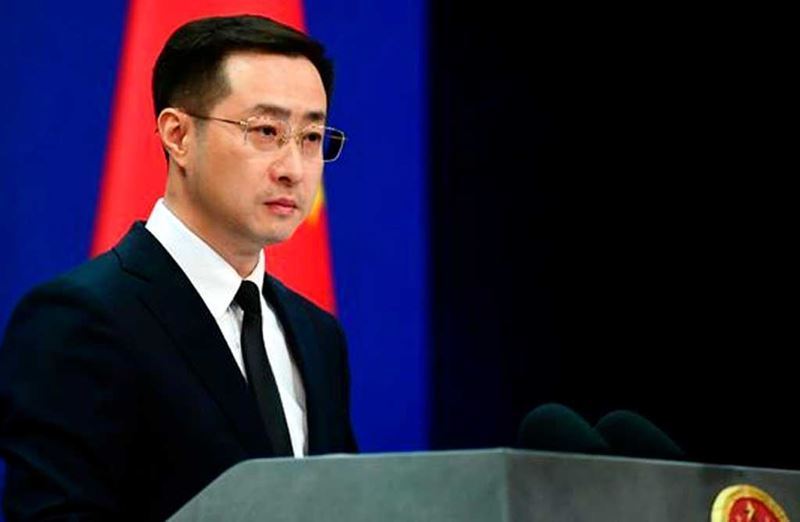Since the beginning of the Russia-Ukraine war, the EU's gas, coal and oil imports from Russia have approached 17 billion euros.
Following the start of the war, the EU, UK and USA imposed various economic sanctions against Russia. While the USA stopped its oil and natural gas purchases from Russia, the UK decided to phase out imports of Russian oil and products by the end of the year.
Despite the harsh economic sanctions, the EU did not announce a sanction decision on Russia in the energy field, on which it is highly dependent.
While the EU is preparing a roadmap that will reduce its dependence on Russian gas by about 80 percent in a year, oil, natural gas and coal imports from Russia continue in their normal course.
According to the information compiled by Anadolu Agency from the instant data published by the Center for Energy and Clean Air Research and the European Institution Beyond Coal, the EU's imports of natural gas, coal, oil and petroleum products from Russia have approached 17 billion euros since the beginning of the war. Natural gas, including liquefied natural gas (LNG) cargoes, accounted for approximately 10.6 billion euros of this figure, oil imports of approximately 5.7 billion euros and coal for 435 million euros.
During this period, the EU's natural gas, coal and oil imports from Russia amounted to approximately 680 million euros per day.
Last year's top payer is Germany
Russia gets about a third of its export revenues from the sale of natural gas and oil.
Last year, Germany was the country that imported the most natural gas, coal and oil from Russia among EU countries, with approximately 40.6 billion euros. Of Germany's total imports, 24 billion euros was oil, 14.1 billion euros was natural gas and the rest was coal.
This country was followed by the Netherlands with 32.7 billion euros, Italy with 18.4 billion euros, Poland with 15.5 billion euros and Spain with 10.2 billion euros.
According to International Energy Agency data, the EU imported 155 billion cubic meters of natural gas from Russia last year. This figure accounted for 45 percent of the EU's total gas imports.
According to data from Brussels-based think tank Bruegel, Russia is the world's largest oil exporter with an 8 percent share, while the EU stands out as the largest buyer of Russian oil.
Gazprom Representative Sergey Kupriyanov stated last week that Russian gas shipments to Europe via Ukraine are in their normal course with an average of 105 million cubic meters per day.











Comments
No comment yet.